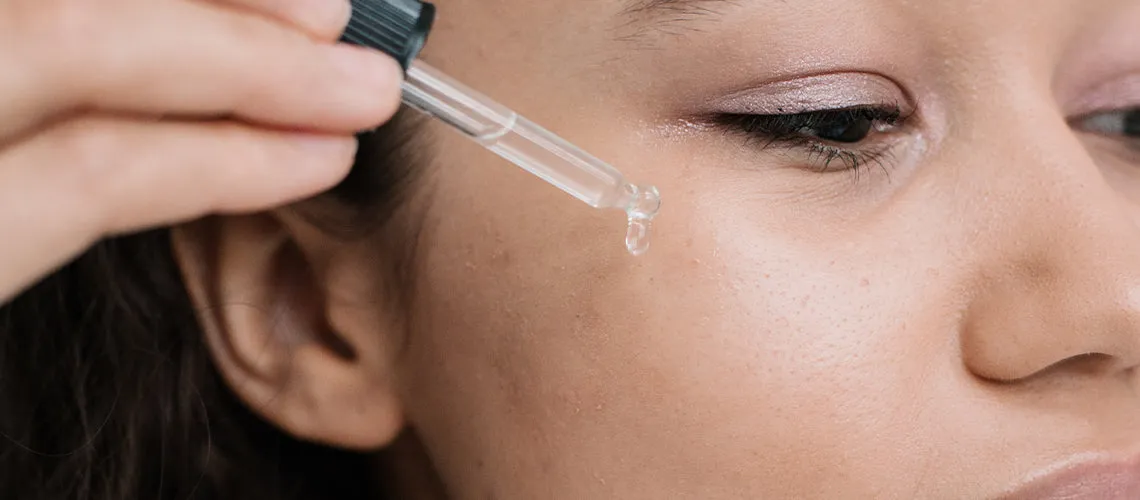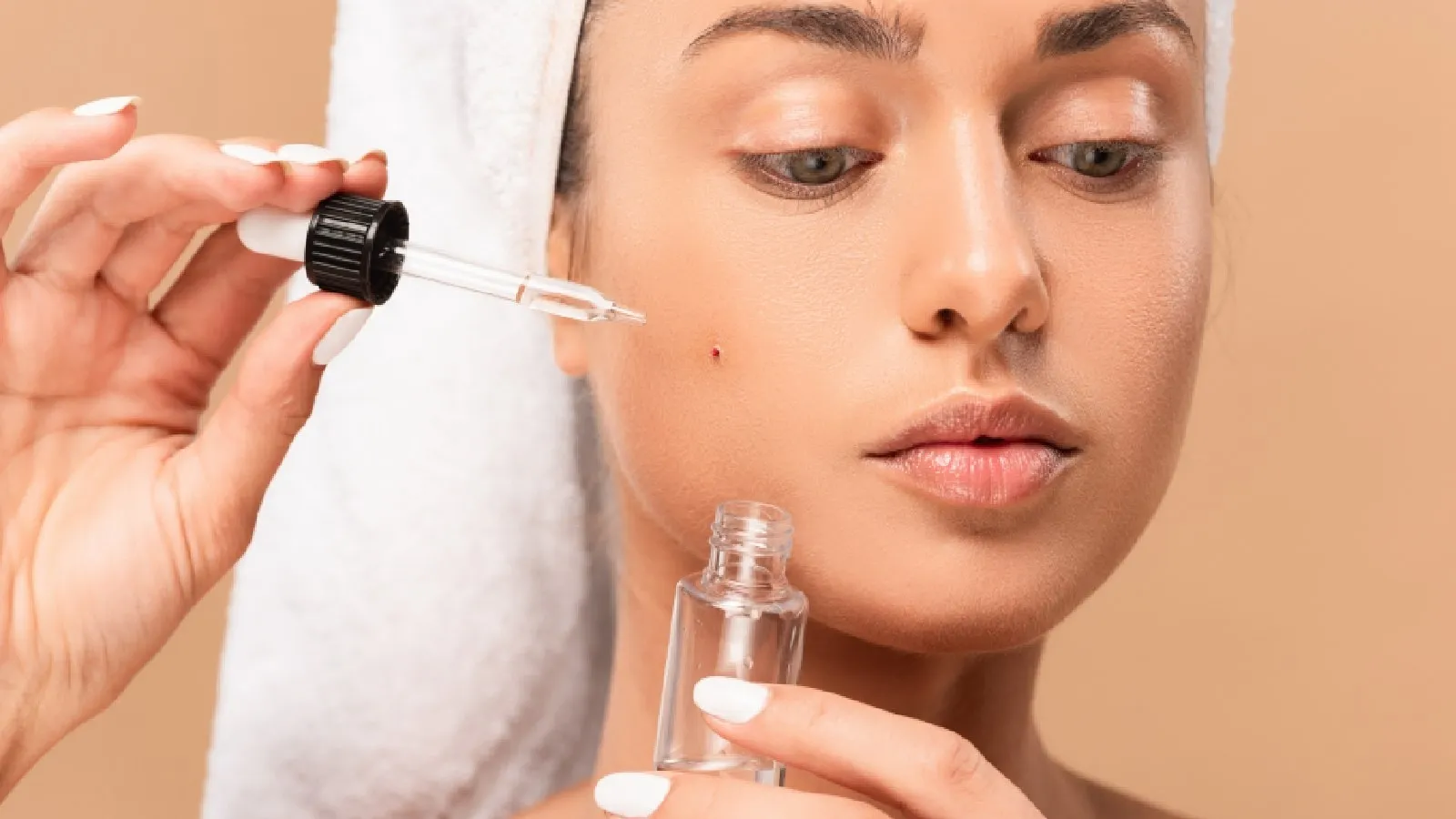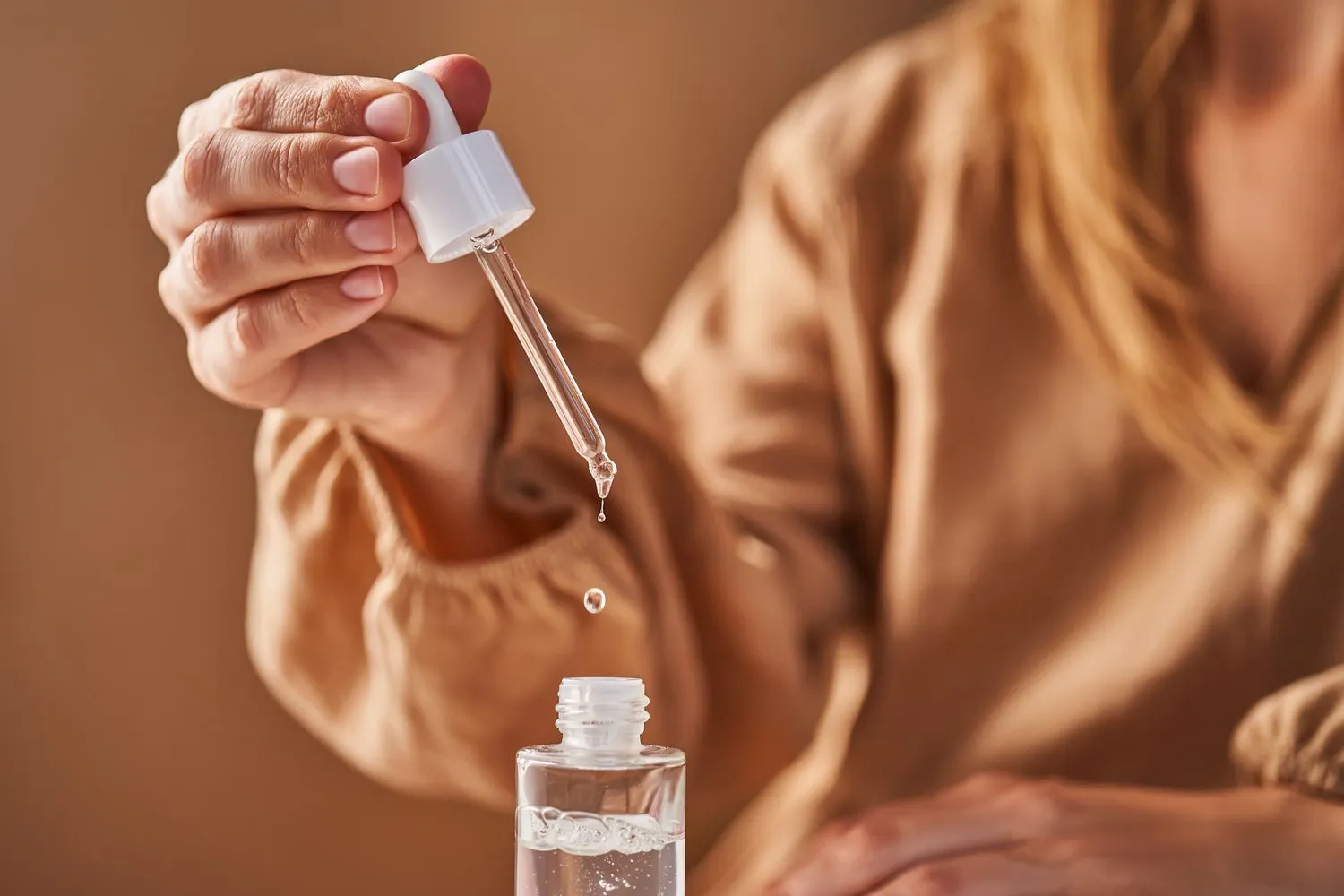Is it possible that the skin can be ruined by this? Can vitamin C cause acne? The answer will surprise you. As with most skincare products, vitamin C serum has its negative aspects, especially for acne and sensitive skin.

Vitamin C serums have been hailed as magic potions for the skin for decades. Popular for their ability to brighten, hydrate, and smoothen skin, they are now a regular in many a skincare routine.
Although it is effective on acne skin, Vitamin C serum will worsen the symptoms of acne if used improperly with the wrong concentration or wrong form.
Application of Vitamin C serum must be carefully planned, timing and method-wise, to achieve the best results. Efficacy of the serum may vary with the type of skin as well as the product’s form.
What is Vitamin C About Under the Skin?
The selection of the most suitable vitamin C serum should take into account the kind of vitamin C, e.g., other compounds, and vitamin C concentration. The ideal would be a product that caters to individual skin types and problems.
Exposed Skin Care is an affordable, potent acne control solution that harnesses the power of active ingredients like Vitamin C to improve skin well-being, reduce the visibility of acne, and accommodate all skin types.
While vitamin C serum is normally compatible with most skin types, it is not always kind to sensitive skin. Even the best-rated vitamin C serums of 2023 can cause irritation and redness on sensitive skin, especially when in high strength.
Why Does Vitamin C Serum Irritate Sensitive Skin?

Pure L-ascorbic acid, or pure vitamin C, which is one of the most concentrated forms of vitamin C contained in most serums, is a naturally acidic product.
This can be what often causes burning after application to the skin. It usually does fade away fairly fast for a large majority, but for someone who has very sensitive skin, it can bring redness and inflammation.
One form of vitamin C is known as magnesium ascorbyl phosphate, which is a water-soluble vitamin and supposedly less irritating but less potent than pure vitamin C.
How to Use Vitamin C and Serum
Most vitamin C serums for acne skin do not disclose the type of vitamin C that they use, leaving sensitive-skinned consumers vulnerable to adverse reactions.
1. Use on Dry, Clean Skin
Before you apply vitamin C serum, wash your skin and allow it to dry. Using the serum on wet skin will dilute it and reduce its efficacy.
2. Dispense the Correct Amount
Apply a pea-sized quantity of serum to your whole face.
3. Apply Evenly
Rub the serum evenly with your fingertips over your face and neck. Do not get it too close to the immediate eye area.
Lastly, let the serum absorb completely before proceeding with the next step in your regimen. It will take a few minutes.
Does Every Vitamin C Serum Irritate Sensitive Skin?

No. Also, keep in mind that not all vitamin C serums are created equal. The concentration of vitamin C and other ingredients in the serum can make a huge difference in how the skin reacts to the product.
Some serums combine vitamin C with soothing ingredients like vitamin E, which can neutralize irritation.
But then, getting it just right can be challenging, especially for sensitive skin. Therefore, some may decide to steer clear of vitamin C serums altogether, especially if they have sensitive or acne-prone skin.
How Can Vitamin C Serum Worsen Hyperpigmentation?
Vitamin C can oxidize and turn yellow or brown upon exposure to air and light. Once it gets oxidized, its effectiveness is lost, and it might even increase hyperpigmentation.
The chances of oxidation are more if the vitamin C is stored in a light-penetrating or transparent container. Opting for serums that have stabilized forms of vitamin C or those which are in opaque, sealed containers might reduce the possibility of oxidation.
Keeping the serum away from direct sunlight and heat will also prolong its lifespan. Others who have hyperpigmentation, though, might opt for other alternatives as a safer alternative.
It is safer to use products which are specifically designed for this skin condition, rather than risking side effects from vitamin C.
How Does Vitamin C Serum Cause Dry Skin?

The acidic nature of vitamin C causes mild peeling, especially in high-concentration uses. This causes peeling and dryness cycles that are not obviously seen until about a week or two into continuous use.
Also, most vitamin C serums for acne skin contain additional ingredients like salicylic acid or benzoyl peroxide, both of which are drying agents. Thus, such serums might not be the best for people with dry skin.
Frequency of application depends on your skin. You might need to apply it daily in certain instances, or every other day or even twice a week.
Bottom Line
Vitamin C serums, a favorite among skincare routines, provide a plethora of advantages, such as their capacity to lighten skin, erase hyperpigmentation, and guard against free radical damage.
Though frequently suggested for acne skin, it is important to note that not all serums are equal. They can irritate, react poorly with other skincare products, and potentially exacerbate acne if they have comedogenic properties.
Proper use of vitamin C serums and choice of best appropriate for your skin type may enhance their effectiveness a lot.
A good case of a great overall skincare product is Exposed Skin Care that, like proper use of vitamin C serum, is an affordable but effective approach to fighting acne and improving the quality of overall skin.
In short, vitamin C serums do have their place in skin care but are not for everyone, particularly not acne skin.
Knowing your skin and what you apply it to is important in achieving what you desire without causing additional harm. With proper selection and application, vitamin C serums can indeed be an addition to your skin care routine.
